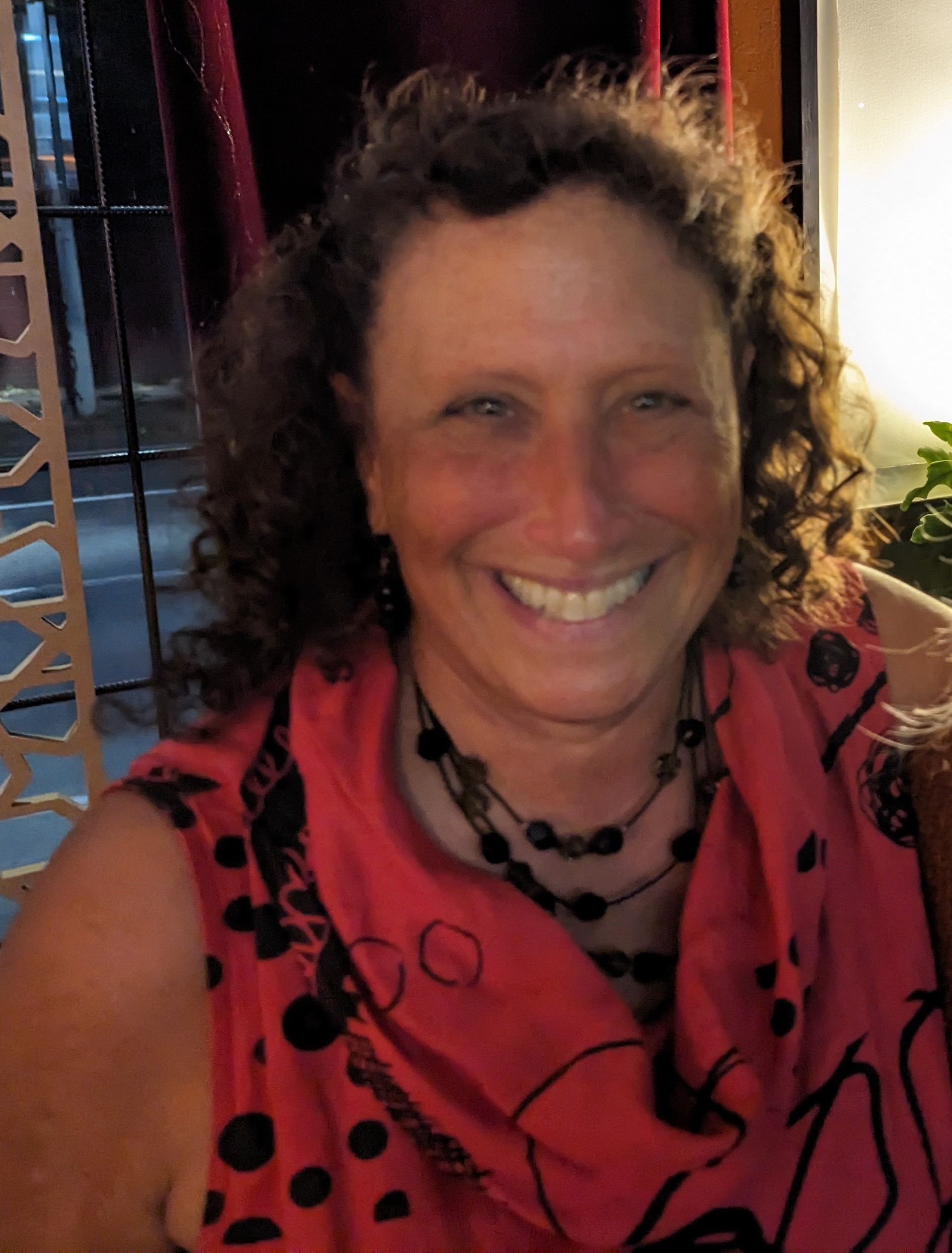

This talk addresses Judith Butler’s account of the political power of street protests as intercorporeal performative actions that enact “the collective will” of the people in light of Sara Ahmed’s and José Medina’s reminders of how frequently performatives become nonperformatives when they don’t receive proper uptake. While the number of people who turn up in the streets to march for social justice is the primary barometer that is used by journalists, reporters and supporters to assess its success, it is the political impact the protest has (or fails to have) over time, that is the truer measure of its performative power. Drawing upon recent work in critical phenomenology and feminist technoscience, Gail Weiss argues that virtual audiences can serve as epistemic activists by assuming responsibility for how social justice protests are portrayed and disseminated through social media. What voices are being amplified as one clicks on items in one’s daily newsfeeds, as one “likes” and shares posts with others? This is an urgent ethical question that demands to be addressed given the ever-growing power online audiences have, simply through the touch of their fingers on phone or keyboard, to increase or decrease a social protest’s transformative effects.
Gail Weiss is Director of Women’s, Gender, and Sexuality Studies and Professor of Philosophy at George Washington University. She is the author of Refiguring the Ordinary (Indiana U. Press: 2008) and Body Images: Embodiment as Intercorporeality (Routledge 1999). She coedited 50 Concepts for a Critical Phenomenology (Northwestern University Press 2020) and has also edited several other volumes and journal special issues. Her published articles and book chapters draw upon phenomenology, feminist theory, critical race theory, disability studies, literature, and queer theory to address the ways in which sexist, racist, ageist and ableist understandings of “normal bodies” differentially affect the meaning of our lived, intercorporeal experience.
Co-sponsored by Department of Philosophy, the Humanities Center, and the Department of French, Italian, and Classical Studies


